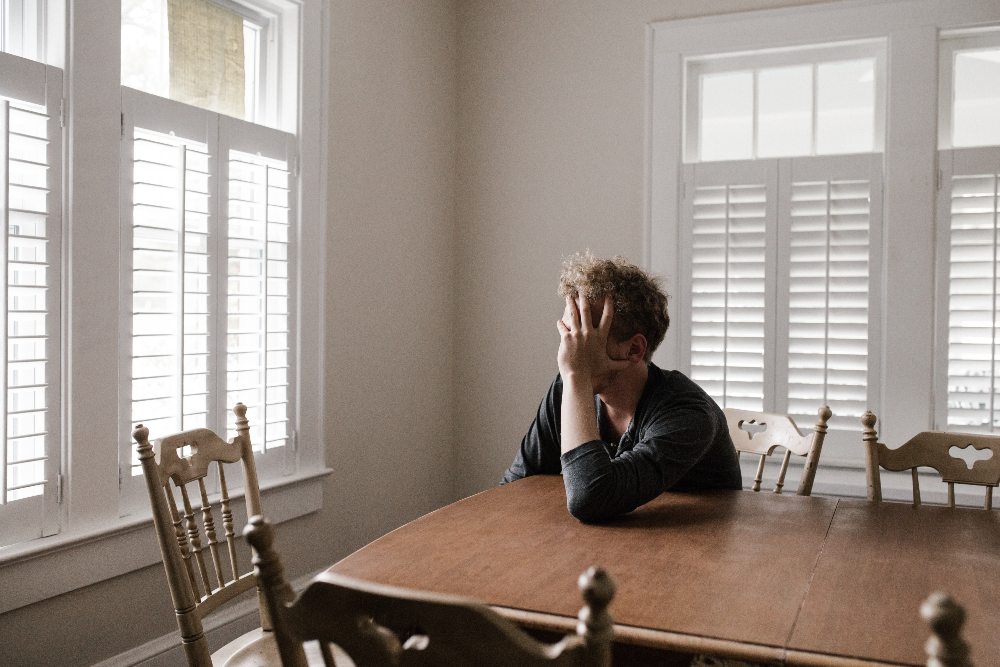Therapist, psychologist, and psychiatrist are three terms that are often easily confused. While these mental health providers all work closely with their patients to improve mental health, they each have different educational backgrounds and may play different roles in treatment. Below, we take a look at each profession to help…
The CDC tells us that roughly 18.4% of adults aged 65 years and older experience depression.(1) Although depression is less common in older adults than in younger adults, suicide rates are higher among older adults. Depression in older adults is often misdiagnosed or undertreated, meaning they don’t get the care…
Patient Story: How TMS Changes Lives
May 21, 2021
Recently, a patient shared their story with us, and gave us permission to share it with you. Finding the right depression treatment can transform a person’s life, and for those patients who haven’t seen results with medication and talk therapy, TMS can be the solution they never thought they’d find.…
Deep TMS (dTMS) is scientifically proven to treat obsessive-compulsive disorder (OCD) and was FDA-approved to treat OCD in 2018. (1,2,3) Madison Ave TMS & Psychiatry is proud to offer BrainsWay Deep TMS to patients diagnosed with OCD. As of May 2021, TMS for OCD is not yet covered by insurance…
Transcranial magnetic stimulation (TMS) is a breakthrough treatment for patients with depression who do not find relief from their symptoms with antidepressants. There are currently seven FDA-approved TMS machines used in clinics across the US. Madison Avenue TMS & Psychiatry is proud to announce that, in addition to the NeuroStar®…
Transcranial magnetic stimulation (TMS) is a non-invasive, medication-free treatment for major depression. TMS uses magnetic pulses to normalize brain activity in regions of the brain associated with mood. Traditionally, TMS is administered to the left side of the brain, but it can also be performed on the right side (or…
Parenting has its challenges, but it can be even more challenging for parents who struggle with depression. If you have children and also have depression, you’re not alone. Depression affects millions of parents in the US. Unfortunately, depression can affect a parent’s relationship with their kids, and can increase the…
Why Does Depression Hurt?
March 12, 2021
Depression causes pain in many different ways. Depression is often associated with painful emotional states like sadness, irritability, and guilt, but it can also cause physical symptoms, like back pain and headaches. In fact, more than two-thirds of patients with depression experience pain.(1) Why does depression affect our bodies, and…
How Long Does Recovery from Depression Take?
February 26, 2021
One of the questions my patients are most eager to ask me when they start their depression treatment is, “How long does it take to recover from depression?” My answer to them is always, “It depends on the patient.” Every patient is different and therefore recovery time depends on a…
Does TMS Work for Postpartum Depression?
February 12, 2021
It is estimated that between 10 and 15 percent of women develop postpartum depression, which is the onset of depression symptoms in women after having a baby.(1) Postpartum depression is treatable and has traditionally been treated with antidepressants and talk therapy. Many new mothers diagnosed with postpartum depression are reluctant…









